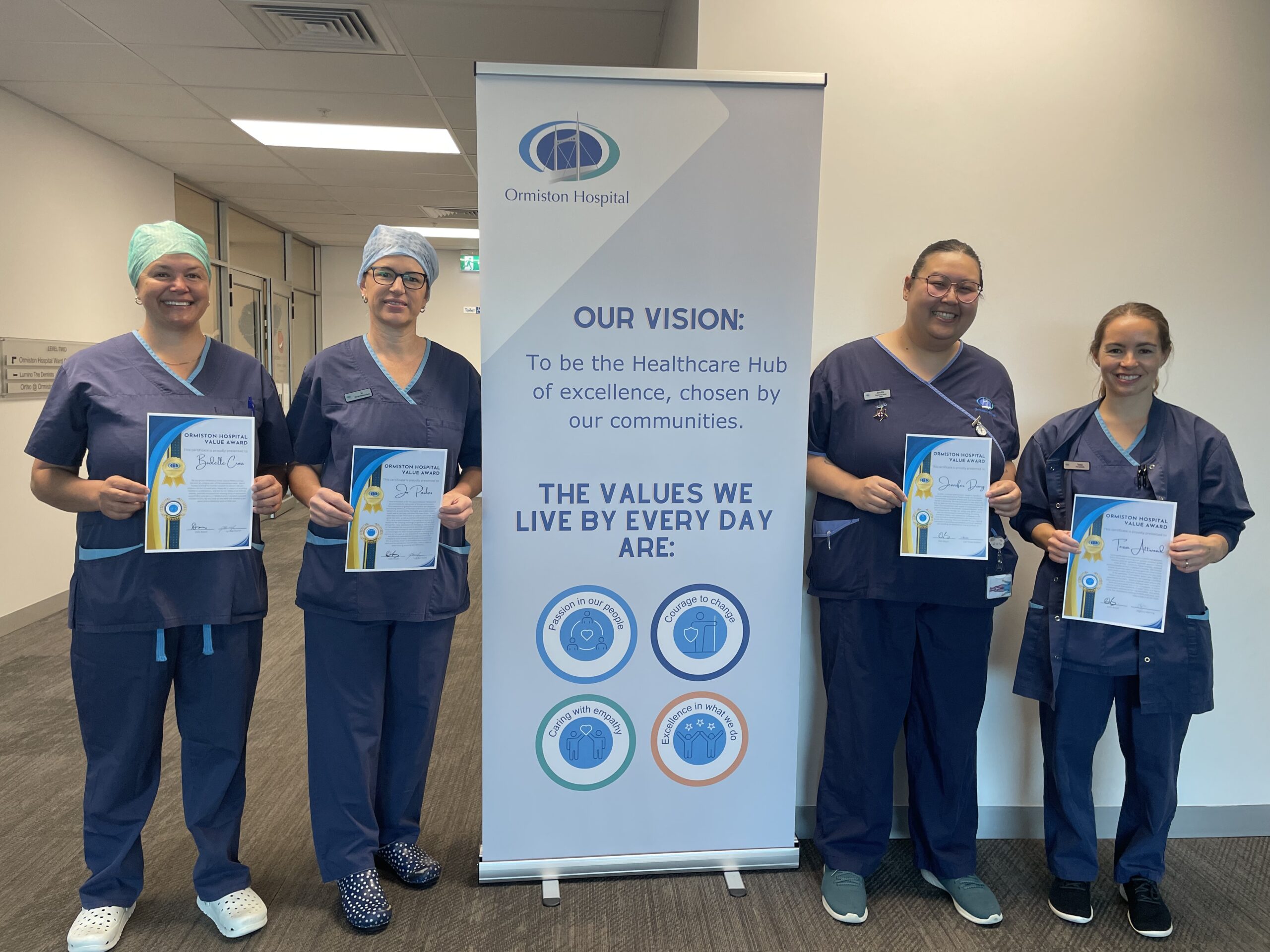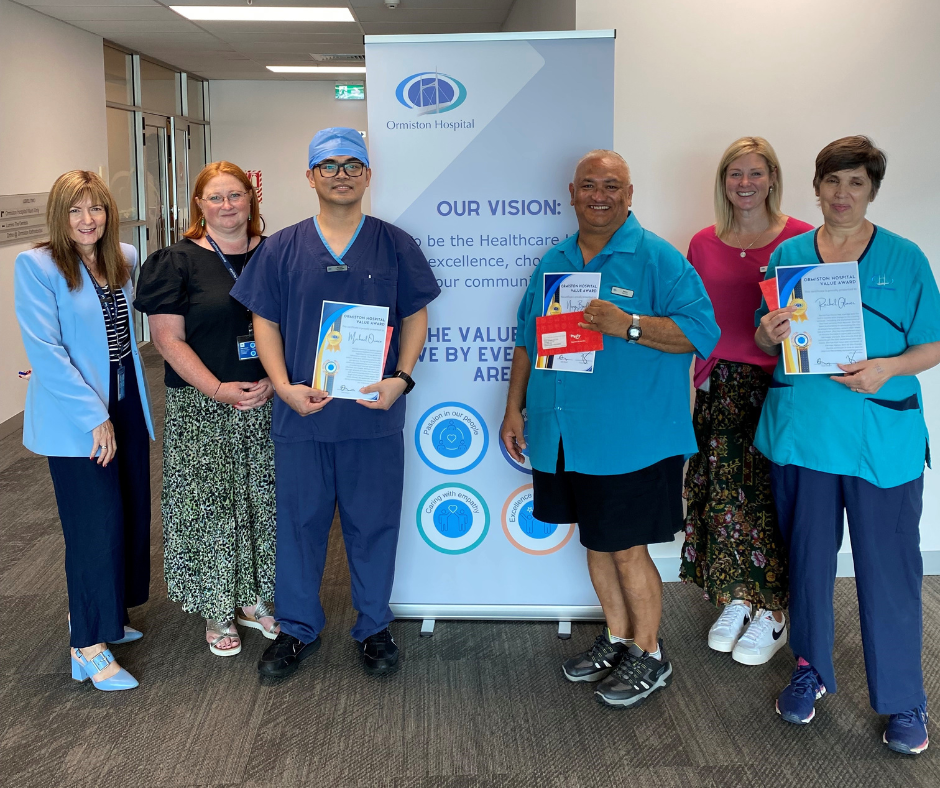Conditions that are addressed by ENT surgery commonly involve problems with hearing and balance, or head and neck disorders that affect breathing, eating or speech.
Our ENT surgeons provide a wide range of treatments for ear, nose, and throat conditions, including head and neck cancer. During your private ENT consultation, our specialists work with you to diagnose your condition and provide expert advice on treatment options to support you in making informed decisions about your care.
Our range of available ENT procedures
Deviated septum surgery (Septoplasty)
Septoplasty is a surgical procedure designed to correct a deviated nasal septum, which is when the bone and cartilage dividing the nasal cavity is off-centre. This condition can cause nasal blockages, breathing difficulties, and chronic sinusitis. The surgery straightens and repositions the nasal septum to prevent obstruction and improve airflow and breathing.
Ears (otology)
Otology focuses on the health of your ears, particularly conditions that can affect hearing or balance. It involves diagnosing and treating disorders including hearing loss, ear infections, tinnitus (ringing in the ears), and balance problems.
Types of procedures:
- Cholesteatoma
- Otosclerosis
- Ear drum perforation
- Middle ear effusion (glue ear)
Facial Plastic and Reconstructive Surgery
Facial plastic and reconstructive surgery involves surgical procedures to the face or neck to enhance appearance or repair deformities or damage. This includes cosmetic (appearance enhancing) surgeries like facelifts and rhinoplasty (nose reshaping), as well as reconstructive procedures such as reconstructive jaw surgery, or reconstruction after cancer surgery.
Grommet Insertion
Grommet insertion is a common, minor procedure typically performed to treat recurring ear infections or persistent fluid build-up in the middle ear. During this procedure, a small tube, called a grommet, is placed through a tiny incision in the eardrum to allow air to enter and fluid to drain from the middle ear. This helps improve hearing and reduce the frequency of ear infections, especially in children.
Nose (rhinology)
Rhinology refers to procedures performed on the nose and sinuses to address conditions such as sinus infections, nasal congestion, and nasal polyps. The goal of treatment is to relieve pain, ease breathing and improve nasal function.
Types of procedures:
- Endoscopic sinus surgery
- Sialendoscopist balloon sinuplasty
Throat (laryngology)
Laryngology is a medical specialty focused on the larynx, or voice box, and the throat, treating conditions that affect the voice, swallowing, and breathing. It involves diagnosing and treating vocal cord issues, chronic cough, and throat infections. ENT surgeons use various surgical techniques to ease speech and swallowing.
Tonsillectomy/Adeno-tonsillectomy
Tonsillectomy is a surgical procedure that involves the removal the tonsils while adeno-tonsillectomy describes the surgical removal of both the tonsils and the adenoids in a single procedure. These operations are often recommended for patients who experience recurrent infections of the tonsils and/or adenoids, or for those who suffer from breathing difficulties due to enlarged tonsils and adenoids. The procedure aims to alleviate symptoms such as sore throats, and improve breathing, especially during sleep.
Need to know
You may need ENT surgery if you have persistent or severe conditions affecting your ear, nose, or throat that haven’t responded well to other treatments like medications or lifestyle changes.
Some of the most common reasons for having a consultation with an ENT specialist include:
- Chronic sinusitis
- Perforated ear drums
- Hearing loss or chronic ear infections
- Balance problems
- Sleep apnoea or snoring
- Problems with smell and taste
- Nasal polyps
- A deviated septum
- Recurring tonsillitis
- Breathing problems
- Hyperthyroidism (thyrotoxicosis)
- Cancers of the mouth or throat
- Head and neck cancers
- Physical damage to the ears, nose or throat
When you attend a consultation with one of our ENT specialists, they will evaluate any symptoms related to your ears, nose, throat, head, or neck and take a detailed medical history. You will also receive a physical examination, which may include looking into your ears, nose, and throat with specialised instruments. Depending on your symptoms, the ENT specialist might also perform or recommend diagnostic tests, such as hearing tests, endoscopic examinations, or imaging studies, to get a clearer understanding of your condition. Finally, the specialist will discuss their findings with you, offer a diagnosis, and discuss the treatment options available to you.
To prepare for ENT surgery, it’s important to follow your surgeon’s specific instructions, which typically include fasting for several hours before the procedure to ensure an empty stomach. It is also important to arrange for someone to drive you home post-surgery and to plan for a recovery period at home.
During ENT surgery, the specific steps depend on the type of procedure being performed. Generally, you’ll be given anaesthesia — either local, where only the surgery area is numbed, or general, where you’re asleep during the operation. Throughout the surgery, your vital signs are closely monitored for safety, and the surgical team ensures that the procedure is as smooth and efficient as possible.
After ENT surgery, you will be taken to a recovery area where medical staff will monitor your vital signs and ensure you’re recovering well from the anaesthesia. Your doctor will provide instructions and medication to help manage pain and advice on when you can resume normal activities. There will also be one or more follow-up appointments so your doctor can monitor your healing process.
Specialist Surgeons









